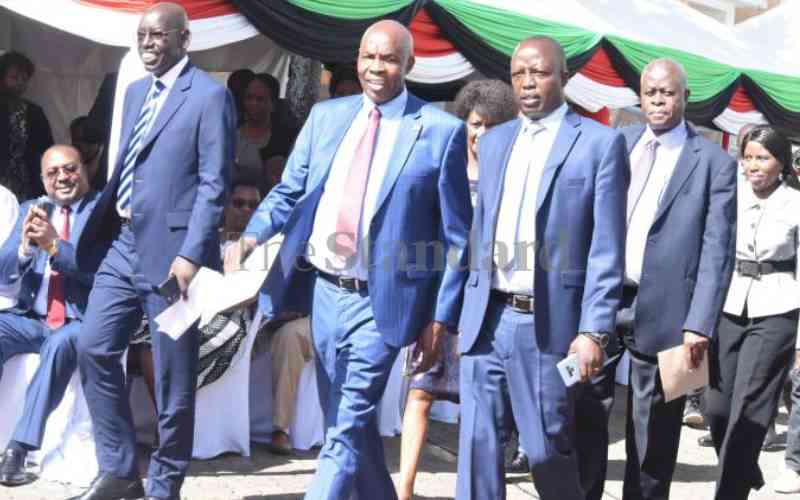×
The Standard e-Paper
Fearless, Trusted News

The last cycle of school results has taken place with the recent announcement of the Kenya Certificate of Secondary Education (KCSE) results by Education Cabinet Secretary (CS) Ezekiel Machogu.
This was after the initial results of the Kenya Certificate of Primary Education (KCPE) were released in December and the Kenya Primary School Education Assessment (KPSEA) results followed weeks later.